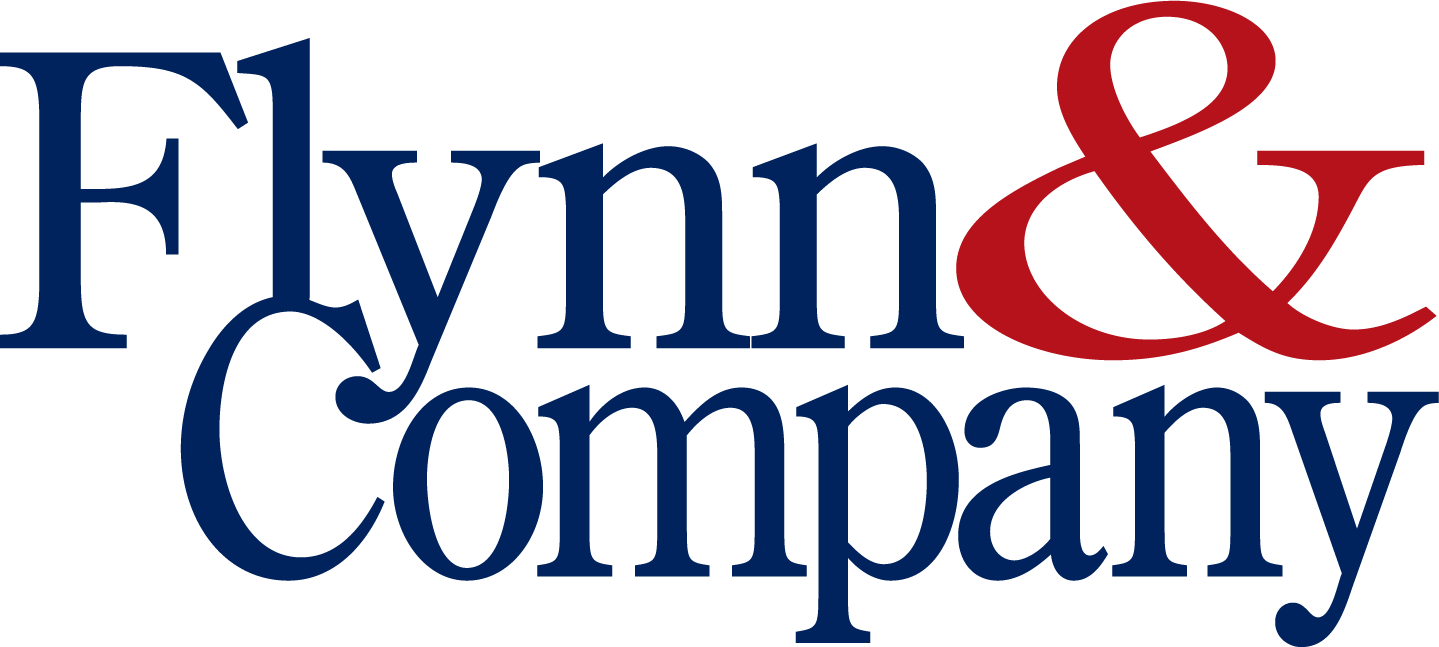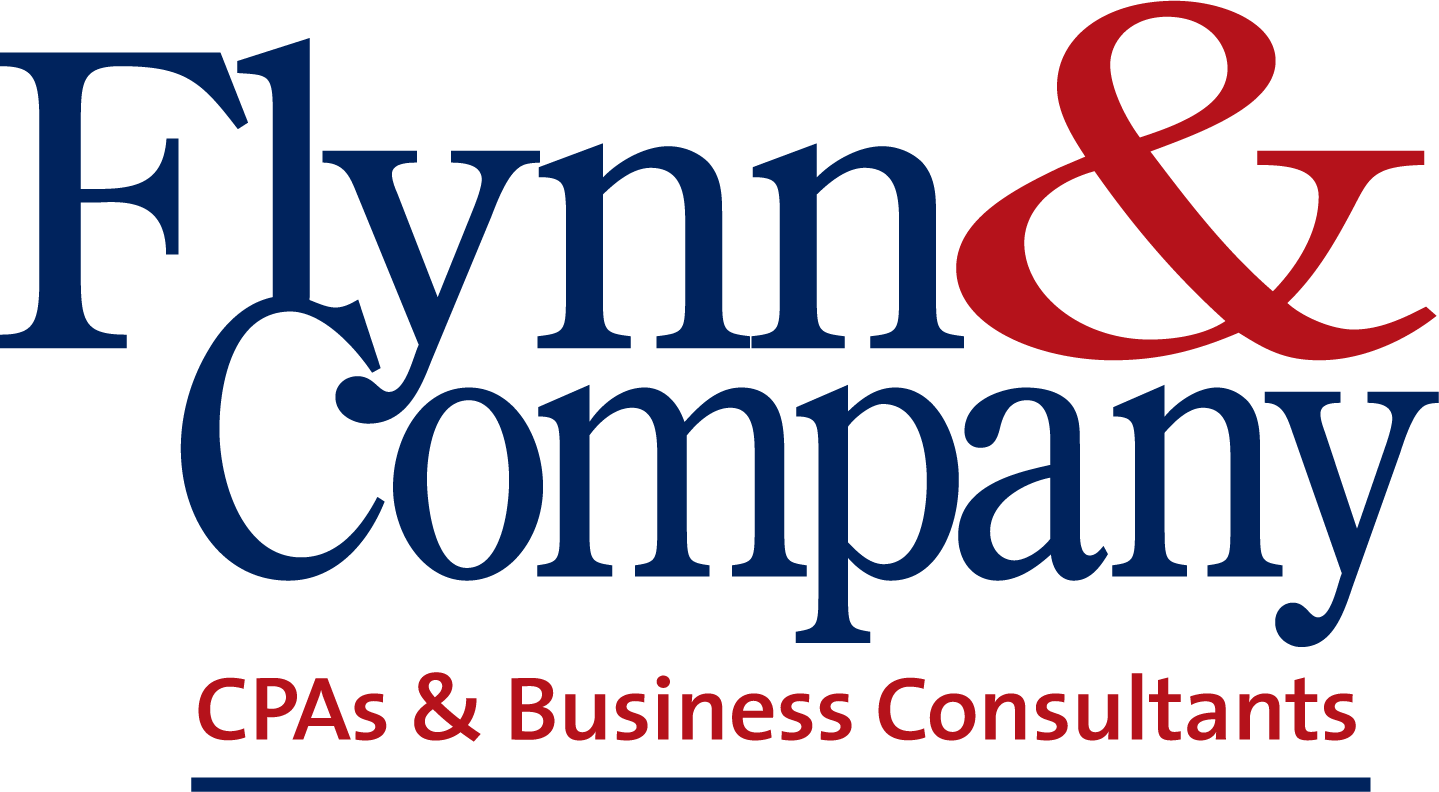Annual 401k Audit Requirements
The fast pace of business sometimes takes eyes off our employee’s benefits. Make sure that your organization’s 401k plan is in compliance. Here’s a quick primer on 401k audit requirements and exploring what is needed for a 401k audit.
401k Audit Requirements
Federal law requires the annual audit of a defined benefit or defined contribution plan, such as a 401k plan, once the plan’s total number of eligible participants reaches 100.
Eligible Participants
An employee is considered a participant as soon as they have met the plan’s eligibility requirements – regardless of whether they have chosen to join the plan.
Plan eligibility is defined by your retirement plan. Typical requirements are based on age and service period.
The number of eligible participants includes actively participating employees, all eligible employees that are not actively participating, along with terminated participants, such as separated, retired or deceased employees that still have plan balances.
Large Plan vs Small Plan
If your plan has 100 or more participants at the beginning of the plan year it qualifies as a large plan, which requires an audit. Plans with less than 100 participants qualify as a small plan and do not require an audit.
Exceptions to the 100 Eligible Participant Threshold
Under the 80/120 Participant Rule, the plan may continue to file the Form 5500 within the same category as in the previous year as long as there are between 80 and 120 participants at the beginning of the plan year.
Under the 80/120 Participant Rule, if you filed as a small plan with 95 participants in 2017 and on January 1, 2018, the count grew to 105, the plan could still file as a small plan in 2018 according to the 80/120 rule. On the other hand, if the number of eligible participants reached 121, the plan would need to file as a large plan and require an audit.
Requirements for the Form 5500
Administrators of both small and large plans are required to file an annual Form 5500. For plans requiring an audit the filing deadline for the Form 5500 is July 31 and the audit is required to be attached. The Form 5500 can also be extended until October 15 if additional time is required to complete the form or to fulfill the audit requirement.
The Goal of the 401k Audit
The primary goal of a 401k audit is to ensure that the 401k plan is compliant with government regulations as well as the requirements specified in the plan document. Once a plan meets the requirements for an audit management is required to hire a qualified third party CPA firm to conduct an independent audit of the retirement plan.
401k Audit Requirements: Get Compliant Today with Flynn & Company!
Compliance is key to maintaining a successful retirement plan for your employees. If you have other questions regarding your organization’s retirement plan compliance please contact our office at (513) 530-9200.





